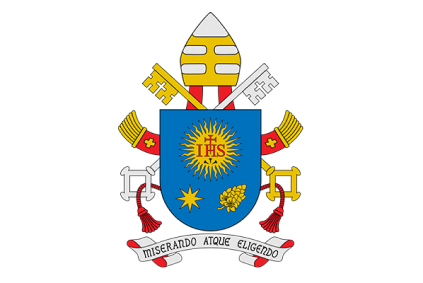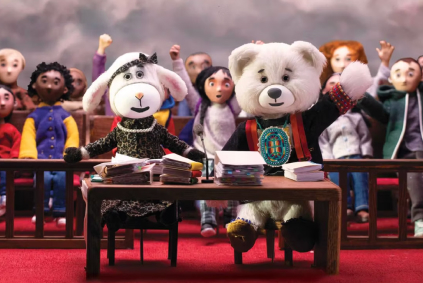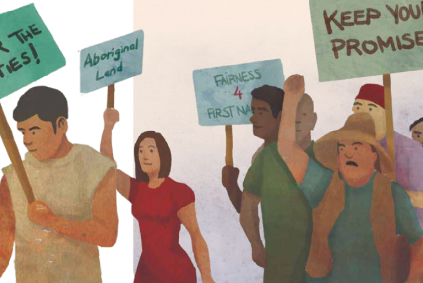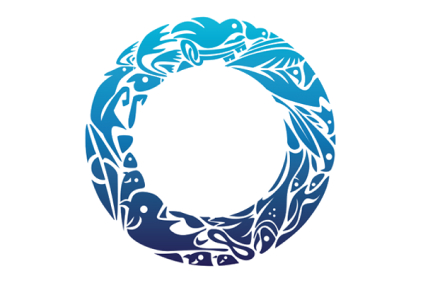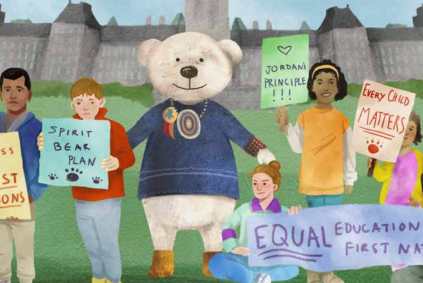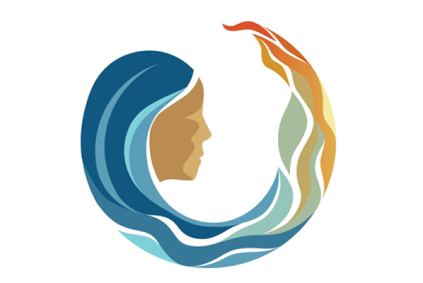Out of deep respect for Indigenous Peoples who have cared for these lands since time immemorial, we acknowledge that our Congregation is situated in Tkaronto, the traditional territory of many nations including the Anishnabek, the Haudenosaunee and the Huron-Wendat and is now home to many First Nations, Inuit and Métis peoples.
We also acknowledge that Toronto is covered by Treaty 13 signed with the Mississaugas of the Credit, and the Williams Treaties signed with multiple Mississaugas and Chippewa bands.
We affirm our desire for right relations with all Indigenous Peoples built on respect and reciprocity.
As an order of Catholic women religious, our charism to care for the dear neighbour led us from France, through Turtle Island, to here in Toronto, where we are relearning the history of this country and this land.
We will continue to critically examine the ways we have benefitted from systemic racism and the role the Catholic Church has played in systems of oppression in Canada.
We are committed to work to redress these harms and journeying with all.
As a Congregation, being with God, the dear neighbour and all of creation is one movement.
Conscious of this oneness, we are committed to tread lightly on the land and protect the water as sacred.


